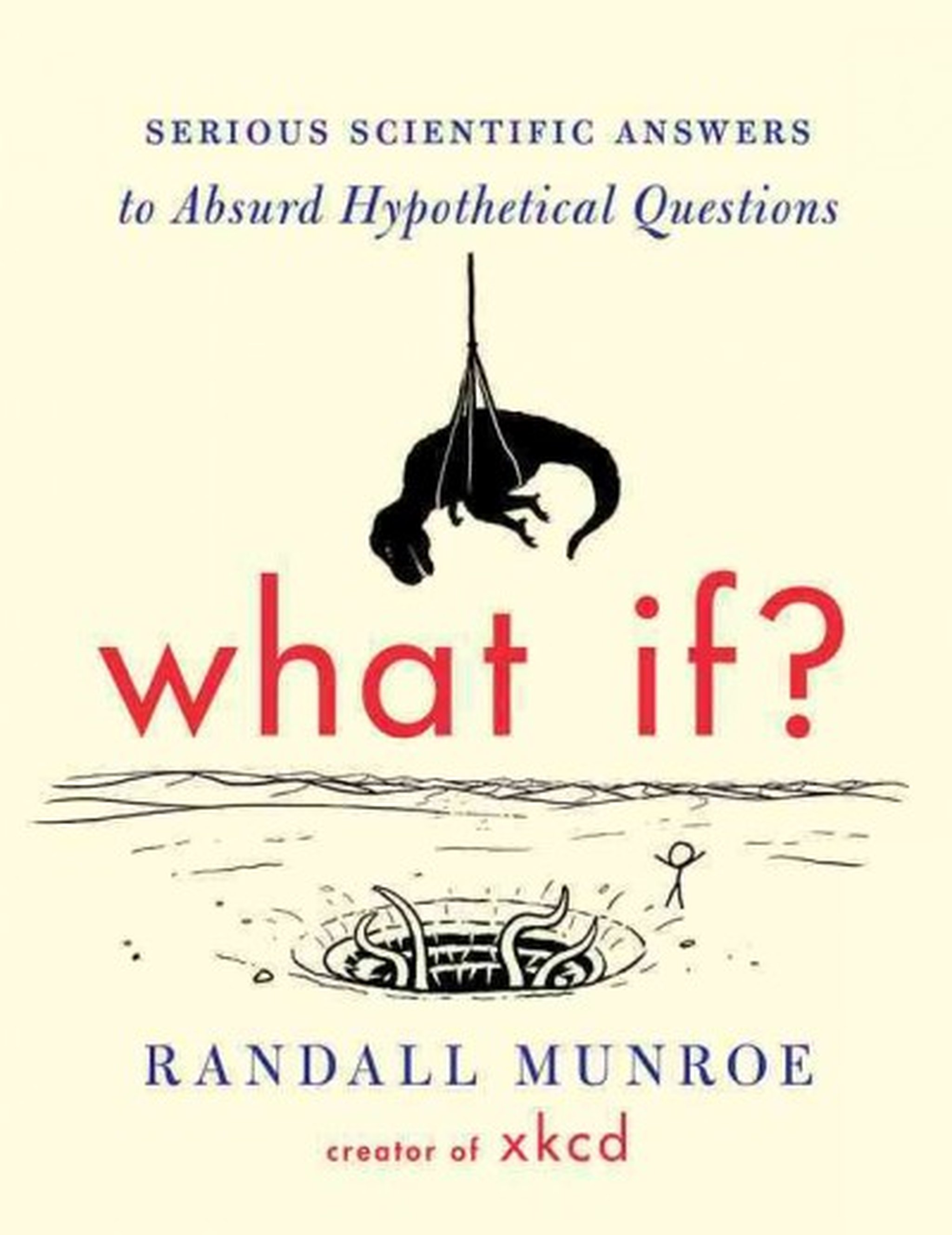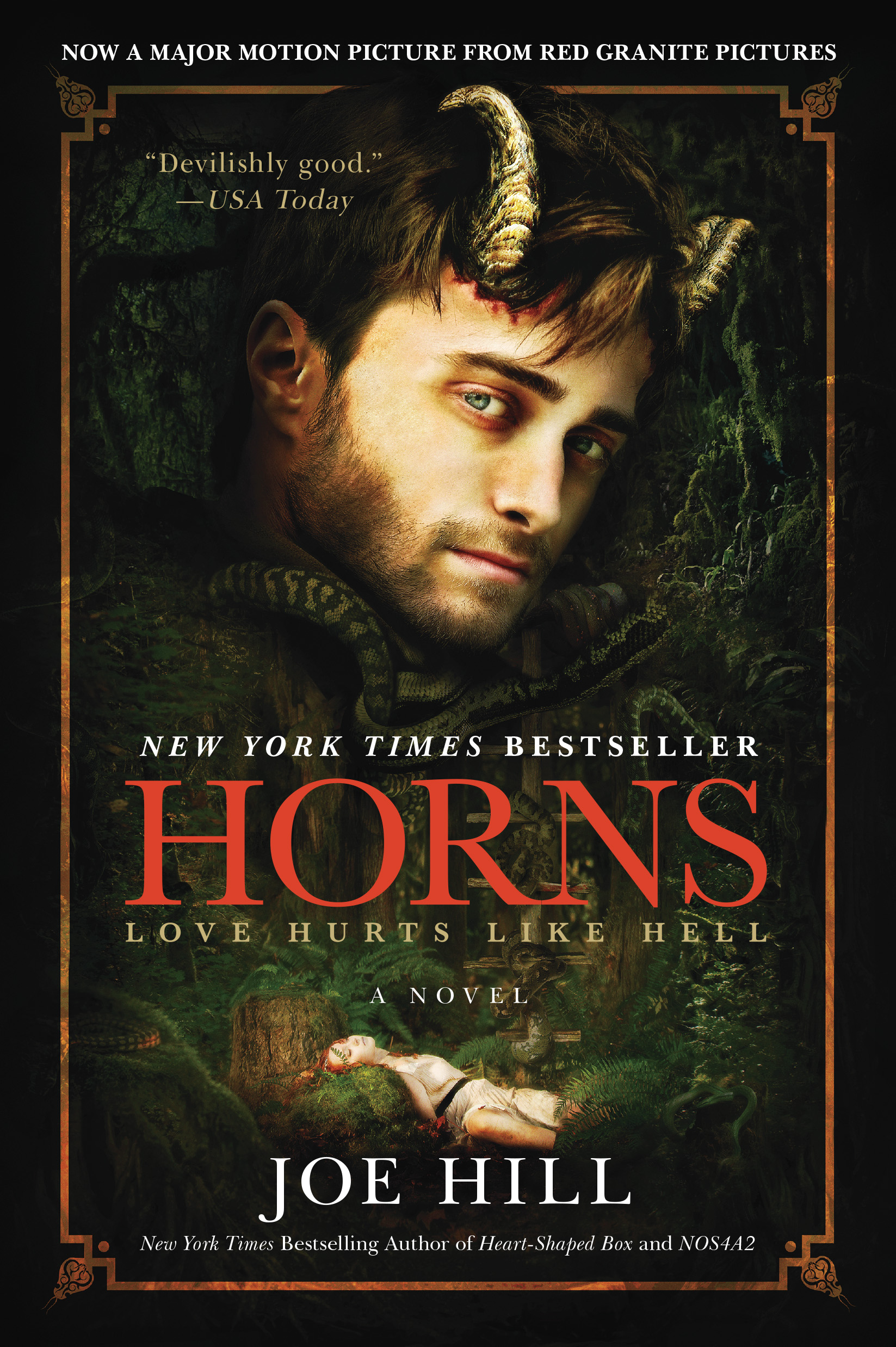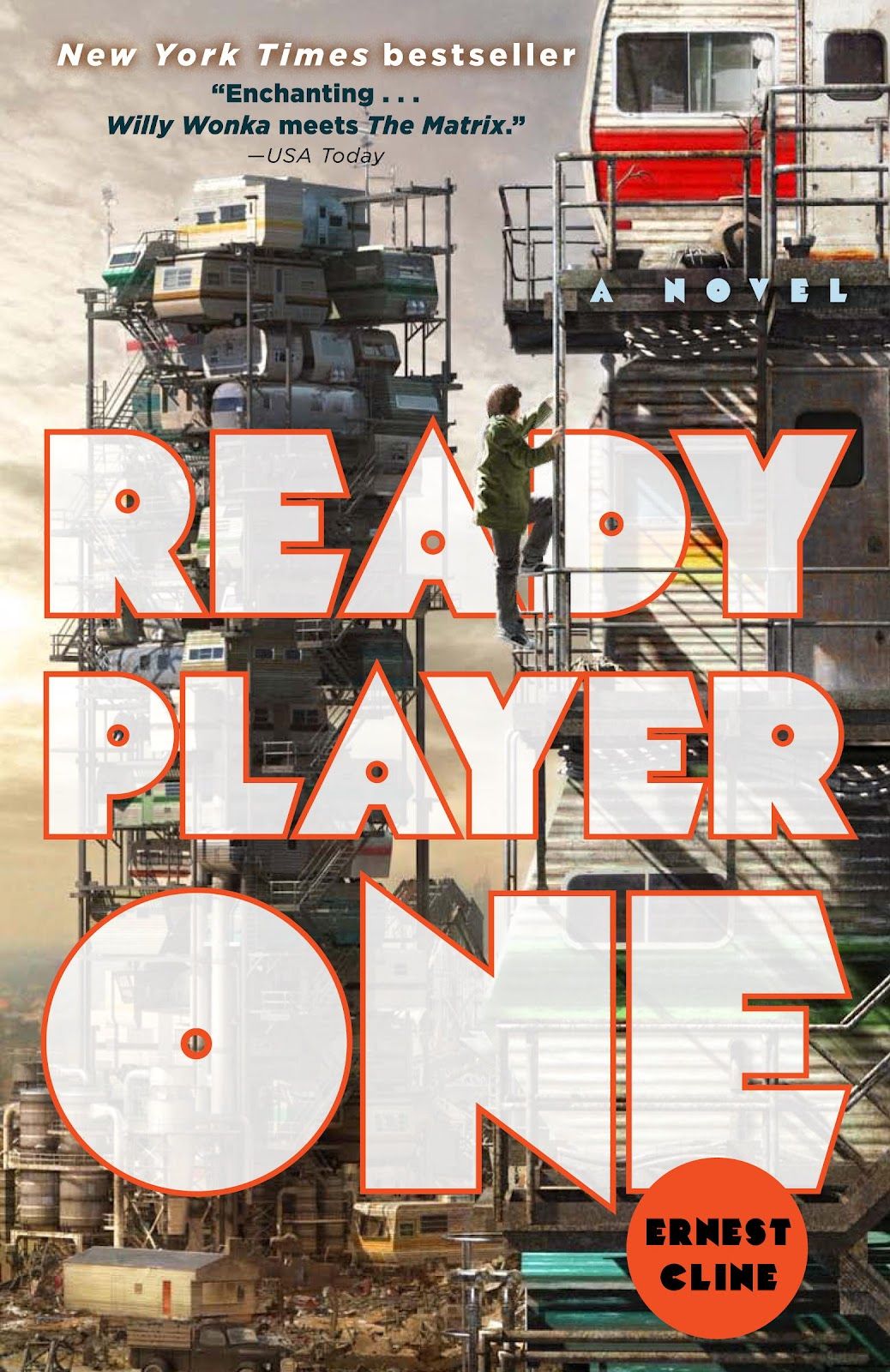These were the things I was thinking when I saw Burr by Gore Vidal among my grandmother's books. After a quick google which told me that it was the first of a 7 book series (as always if I can help it, I read the series in historical order rather than publication order (Burr is second in publication order)), I shelved it for some years until I was in the mood to read something longer. When I finally hit that point, I was delighted at how good it was. Gore Vidal was just a familiar name to me before I started this series but now he is an author I respect.
The book is historical fiction and follows Burr in the twilight of his life recounting adventures from his younger years. As you might expect from the title, it generally puts him in a sympathetic light. After reading the rest of the series, I've determined that Vidal is somewhat of a historical contrarian. If history says someone is good, Vidal probably portrays them less kindly in his books and, to Burr's benefit, someone history frowns upon gets a more positive spin. This makes for a particularly interesting read for someone like me who generally goes after the breadth of history rather than the depth of particular parts.
The book is highly enjoyable: the characters are engaging, and while the plot is mostly a frame story, it makes history interesting. It is not the best book in the series (that honor probably goes to Lincoln or Empire) but it is in the top half of a set of seven good books. Plus, it makes for the perfect gift for anyone who is annoying you by singing Hamilton lyrics too much.
Overall, I would give this book a 90%.





